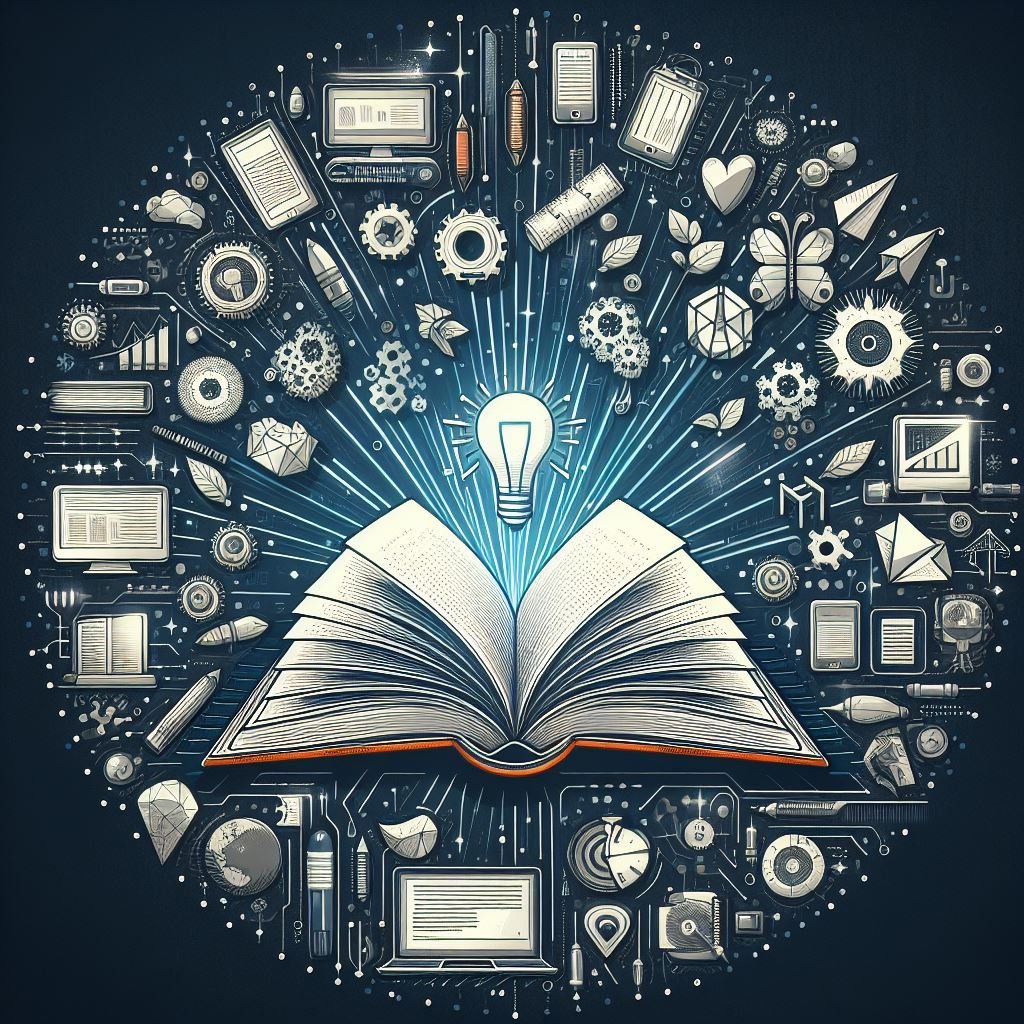In our dynamic and information-rich era, digital literacy has become more than a skill—it’s a cornerstone of empowerment. This article delves into the profound significance of digital literacy, exploring its impact on personal development, societal progress, and the ability to navigate the complex landscape of the digital age.
Defining Digital Literacy
Digital literacy encompasses the ability to find, evaluate, utilize, share, and create content using digital technologies. It goes beyond basic computer skills, emphasizing critical thinking, ethical considerations, and effective communication in the digital realm.
Reference: UNESCO – Digital Literacy: A Universal Right
Personal Empowerment Through Digital Literacy
- Access to Information: Digital literacy opens the doors to vast amounts of information, enabling individuals to access knowledge, stay informed, and continuously learn.
- Critical Thinking Skills: Digital literacy cultivates critical thinking, allowing individuals to discern credible information from misinformation, fake news, or biased content.
- Communication Proficiency: In a connected world, digital literacy enhances communication skills, enabling individuals to express ideas, collaborate, and engage in meaningful online discussions.
Reference: Pew Research Center – Digital Readiness Gaps
Societal Progress and Digital Inclusion
- Economic Opportunities: Digital literacy is a catalyst for economic empowerment, providing individuals with the skills needed for participation in the digital job market.
- Civic Engagement: Informed and digitally literate citizens actively contribute to civic engagement, participating in democratic processes, and advocating for societal progress.
- Global Connectivity: Digital literacy fosters global connectivity, breaking down geographical barriers and connecting individuals with diverse perspectives and cultures.
Reference: World Bank – Digital Dividends
Navigating the Digital Landscape Responsibly
- Online Safety: Digital literacy includes understanding online safety, privacy, and security, empowering individuals to protect themselves and their personal information.
- Ethical Digital Behavior: It instills a sense of ethical behavior in the digital space, promoting responsible use of technology and respectful online interactions.
- Adaptability to Technology Changes: In a rapidly evolving technological landscape, digital literacy equips individuals with the adaptability to embrace new technologies and innovations.
Digital literacy is more than a skill—it’s a gateway to empowerment and societal progress. Join us in exploring the profound significance of digital literacy, and stay tuned for our next article, where we unravel the strategies to build a secure digital future. 📖🔐💡
